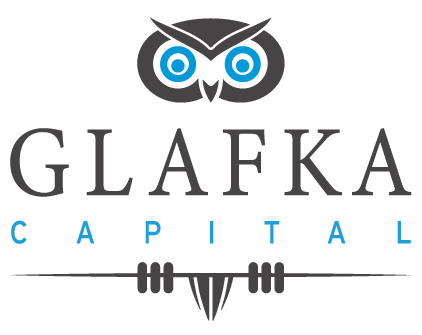The moral hazard of stock buybacks in the too big to fail corporations
Euro2day article 26/3/2020 by George Katsanos
How ethical is it that too-big-to-fail companies in strategically important sectors are seeking government support after spending record amounts in stock buybacks? And why a blanket ban on stock buybacks may be coming
Last week, the major US airlines, through their trade body, asked the federal government for a $50 billion support package to tackle the serious effects of the coronavirus. A similar request for $60 billion was filed by Boeing. Clearly, the airline industry is of strategic importance and the White House has thrown its unwavering support behind the sector.
Tellingly, Boeing is the largest US exporter, the airline industry employs directly or indirectly 750,000 people, while the decline in passenger traffic was largely outside of their control due to the restrictive measures taken against the spread of the coronavirus. With just seven months to the Presidential elections, and with other industries likely to seek government support in the future, is it fair for the US government to issue a blank check to the airlines?
The answer is no, and many politicians – even Republicans- have expressed the view that any aid should be accompanied by strong restrictions. For example, former US Ambassador to the United Nations Nikki Haley resigned from Boeing’s board, expressing her opposition to the company’s decision to seek the help of the US government.
Following the bitter taste that the big bailouts of the banking industry left to the American public in 2008, it seems that the new wave of bailouts will come with significant restrictions on the companies that will ask for help.
Consider the case of the airlines for example. After the 2001 crisis that followed the 9/11 terrorist attacks, companies in the industry began to merge and competition dropped significantly. Now the four largest US airlines control 80% of the domestic market. As passenger traffic rebounded in subsequent years, in line with the recovery of the economy, airlines imposed a series of additional charges and through aggressive cost cutting managed to boost their profits from $ 250 million in 2006 to $ 7.6 billion in 2015, according to data presented by Columbia University professor Tim Wu.
In addition, according to Bloomberg, over the 2010-2019 period, airlines spent 95% of their free cash flow on buybacks. Stock buybacks are a common practice for companies to channel their excess liquidity in a more flexible way than dividends, especially when they consider their shares to be undervalued. Lately, with borrowing costs at essentially zero, many companies have borrowed and purchased a record amount of their own shares: $ 800 billion in 2018 versus $ 100 billion in 2009. In fact, nearly 40% of the S&P500 EPS since 2009, comes from stock buybacks.
Critics note that buybacks are just a financial engineering tool that companies use to artificially boost their earnings per share, as this is often a critical KPI in determining executive pay. Earnings per share reflect the share of a company’s earnings corresponding to one share and can be artificially increased when the share count decreases following a buyback (Treasury shares are ignored when calculating EPS). In this case, the benefits to shareholders are minimal as the company uses resources that could be spent on productive investments solely for the benefit of executive management.
In most private companies this issue should be settled between shareholders, the board of directors and management, but in companies of strategic importance, and in particular in sectors that may need government support, it is clear that rules need to be put in place to avoid moral hazard.
The universal ban on buybacks is certainly an extreme measure, but it will nevertheless feature on the public agenda in the future. A better way to reduce moral hazard would be to require companies of strategic importance to contribute part of their free-cash-flow to a national emergency bailout fund before they are allowed to buy back their own shares. Otherwise, any future government support should be reduced by the amount spent on buybacks.
Whatever measures are chosen one thing is clear. As more and more companies are likely to seek state aid to deal with the effects of the coronavirus, the period of uncontrolled buybacks seems to have come to an end.
George Katsanos, Chief Investment Analyst
